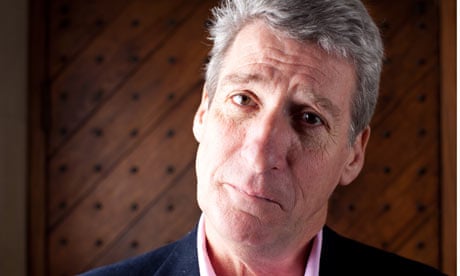Jeremy Paxman has agreed to donate his brain for research into Parkinson's disease after he dies, as part of a new campaign to encourage others to do the same.
The Newsnight presenter said signing up as a donor could help find a cure for the disease, which affects 120,000 people in the UK, or one in 500.
His pledge is aimed at raising awareness of a campaign by the Parkinson's Disease Society to persuade 1,000 other people to sign up as brain donors by the end of the year.
"Hard to imagine anyone might want your old brain, isn't it? But it's not as if you'll be needing it yourself," said Paxman, who is also the quizmaster of University Challenge.
He added: "There's currently no cure for Parkinson's, which affects 120,000 people. If you register to donate your brain, you can help to find a cure."
The actor Jane Asher, who is president of the society, and the broadcaster John Stapleton have also pledged to donate their brains after death.
A new poll carried out for the society found 27% of people have not thought about donating their brain and only 7% were comfortable with the idea. More than 60% said they would be comfortable about donating their heart or kidneys.
The Parkinson's Disease Society runs a brain bank at Hammersmith hospital in west London.
Asher, whose brother-in-law has been diagnosed with Parkinson's, said: "I've visited the Parkinson's brain bank and seen what fantastic work is going on there.
"Now we need a greater awareness of the benefits of brain donation so that more people come forward to register with us. Scientific research on brains both with and without Parkinson's is essential.
"It's vital that we secure more potential donors as this will help us move closer to a cure for what can be a debilitating and distressing condition."
